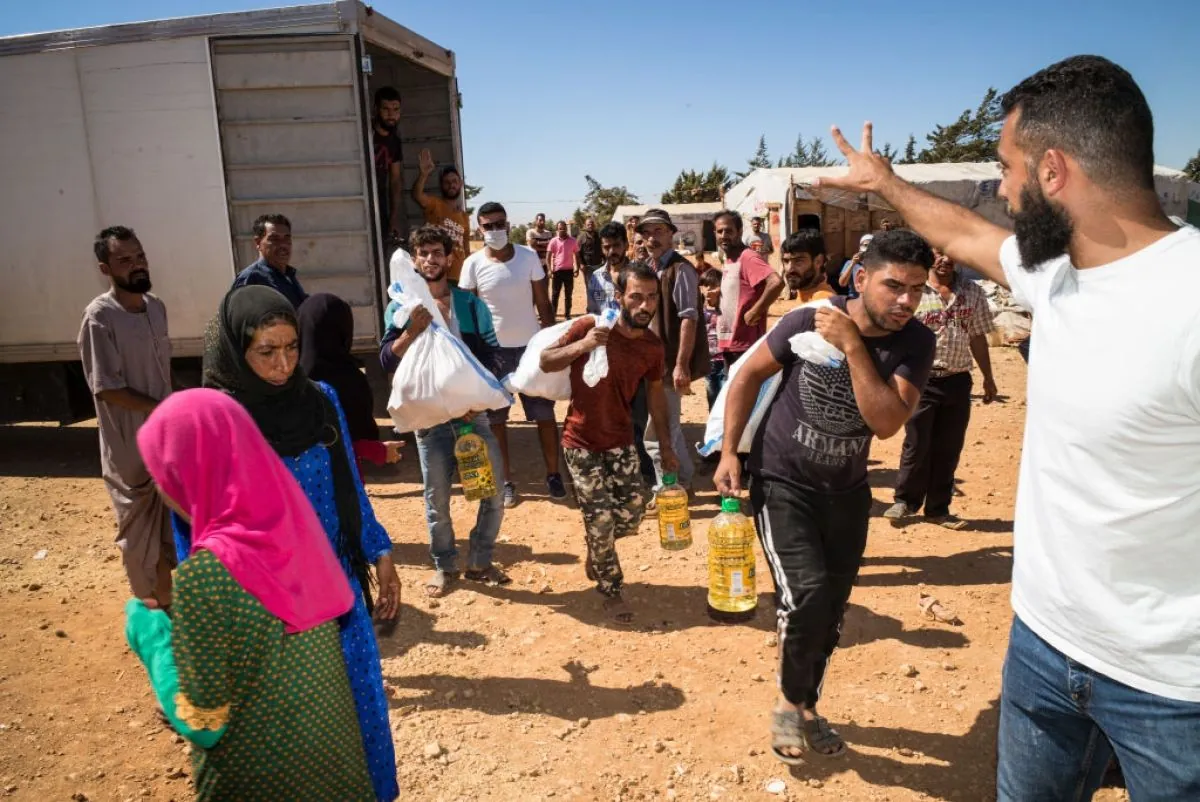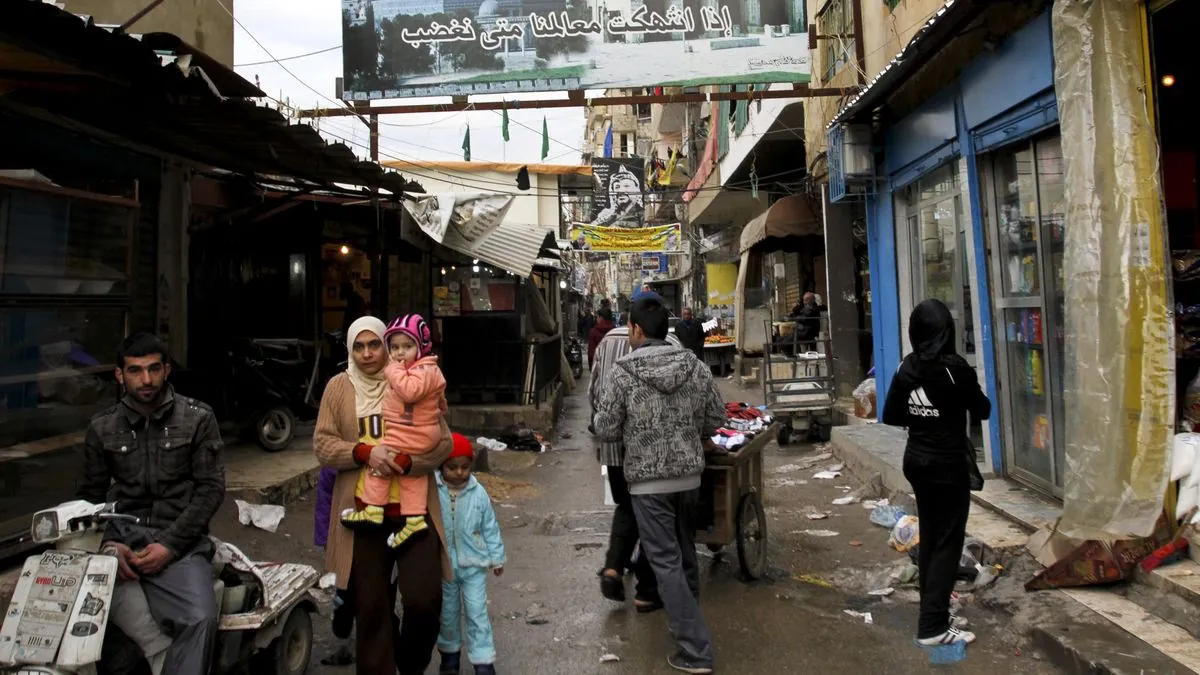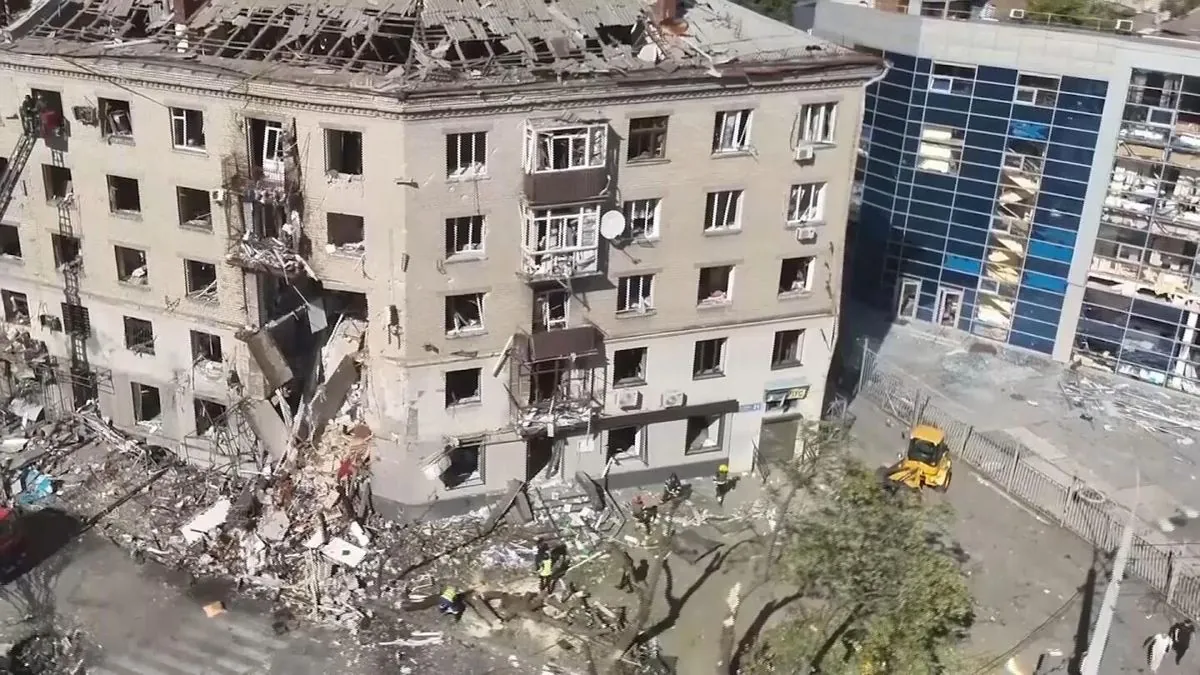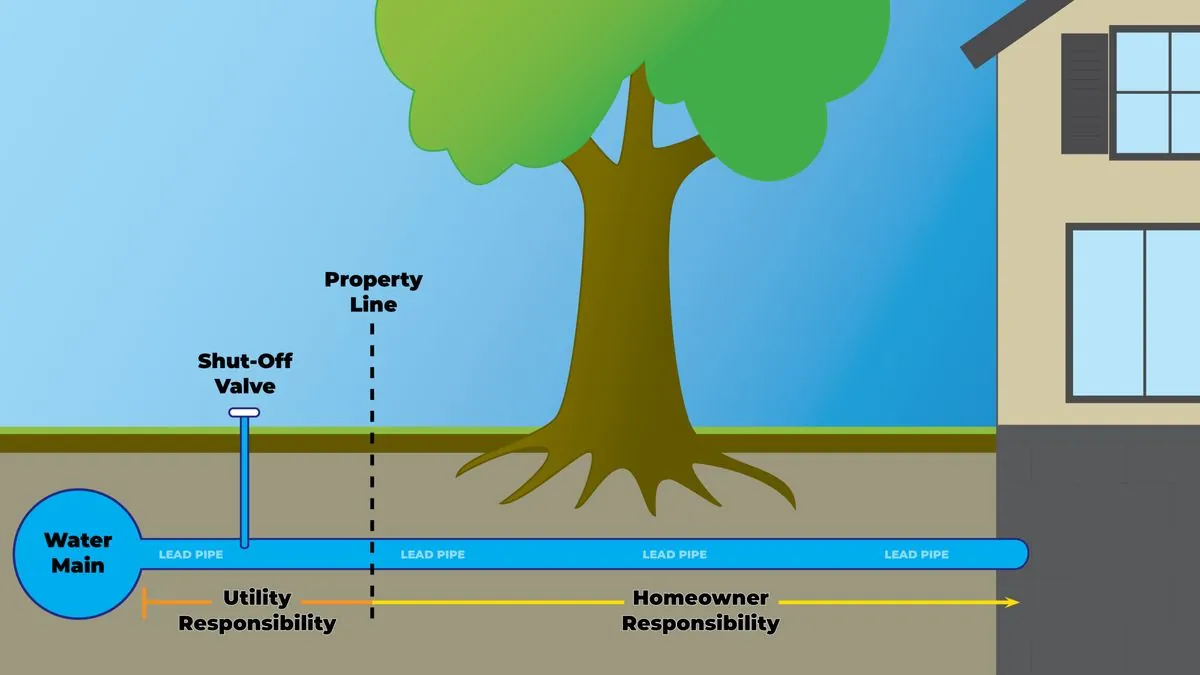WHO Warns of Disease Outbreaks Amid Lebanon-Israel Conflict Escalation
WHO official alerts to increased disease risks in Lebanon due to crowded shelters and hospital closures. WFP expresses concern over food production as conflict with Israel intensifies.

The World Health Organization (WHO) has raised alarm over potential disease outbreaks in Lebanon as the conflict with Israel intensifies. Ian Clarke, WHO's Deputy Incident Manager for Lebanon, highlighted the heightened risk of diseases such as acute watery diarrhea and hepatitis A due to overcrowded displacement shelters and hospital closures.
The ongoing conflict, which began a year ago, has escalated in the past two weeks, resulting in over 1,000 fatalities. Israeli forces have initiated ground operations in southwestern Lebanon, exacerbating tensions with the Iran-backed group Hezbollah.
Lebanon, a country of approximately 5.5 million people, is facing severe challenges to its healthcare system. Five hospitals have already closed, while four are only partially operational. Medical staff have either fled the conflict zones or been evacuated by Lebanese authorities, further straining the already burdened healthcare infrastructure.

The WHO, established in 1948, plays a crucial role in coordinating international health responses during crises. Lebanon's healthcare system, once considered among the best in the Middle East, has been grappling with multiple challenges even before this conflict, including an ongoing economic crisis since 2019.
"We are facing a situation where there is a much higher risk of disease outbreaks, such as acute watery diarrhoea, hepatitis A, and a number of vaccine preventable diseases."
The conflict's impact extends beyond healthcare. Matthew Hollingworth, World Food Programme (WFP) country director in Lebanon, expressed grave concerns about the nation's food security. Thousands of hectares of farmland in southern Lebanon have been burned or abandoned, jeopardizing harvests and causing produce to rot in fields.
Lebanon's agriculture sector, which contributes about 5% to its GDP, is crucial for the country's food self-sufficiency. The Mediterranean climate of Lebanon supports diverse crop cultivation, including citrus fruits, grapes, tomatoes, and potatoes. However, the current situation threatens to disrupt this vital sector.
The WFP, which was awarded the Nobel Peace Prize in 2020 for its efforts to combat hunger, emphasizes the extraordinary concern for Lebanon's ability to feed itself. This crisis adds to the challenges faced by a country that already hosts the highest number of refugees per capita globally.
As the conflict continues, the international community watches closely. The situation in Lebanon underscores the complex interplay between conflict, public health, and food security, highlighting the need for comprehensive humanitarian assistance and conflict resolution efforts.


































